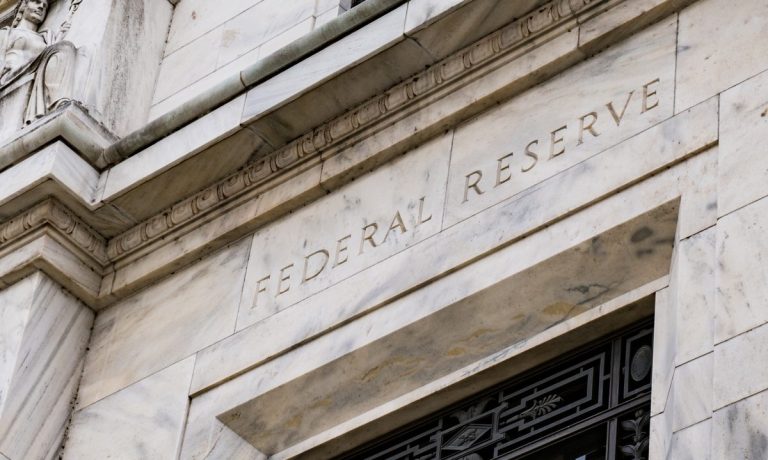Federal Regulators Propose New Low-Income Lending Rules

U.S. regulators are set to rework the way banks lend money to lower-income communities.
A plan to update the 1977 Community Reinvestment Act was announced Thursday (May 5), with the goal of making sure lending is more evenly distributed to lower-income consumers and small businesses.
As The Wall Street Journal reported Thursday, the overhaul comes after the government threw out a Trump administration revision that had divided the industry and regulators alike.
The rules as they stand focus on banking activity around physical bank branches, but bankers and community advocates say those rules no longer apply to a world where so much financial activity happens over digital channels.
The Community Reinvestment Act was written to put a stop to “redlining,” a practice by banks of avoiding lending in certain areas, in many cases lower-income areas, per the Journal report. But in recent years, the law has led to conflict between community groups that want stronger enforcement and bankers that say the regulations are outdated.
The new proposal by the Federal Reserve and other regulators is aimed at making the rules more transparent and objective. It could make it easier for banks to understand what the regulations require of them, although some banks could face stricter reporting rules.
The rules as written say banks must lend to lower-income communities around their offices, even though banks now take accept deposits and make loans around the country via online accounts. This has led to a lot of reinvestment act spending in cities like Salt Lake City, where a number of banks have headquarters but no other branches.
Learn more: U.S. Treasury Injects $9 Billion Into Minority And Community Lenders
As the Journal notes, the proposed reworking of the act comes as President Joe Biden’s administration has pledged to address disparities in wealth, income, and financial service access among minority groups.
In March, the Department of the Treasury debuted a program intending to help communities that have traditionally been underserved access more capital.
The Emergency Capital Investment Program (ECIP) is investing $9 billion into Community Development Financial Institutions (CDFIs) and minority depository institutions (MDIs) which are trying to help provide financial products for small and minority-owned businesses and customers in underserved communities.